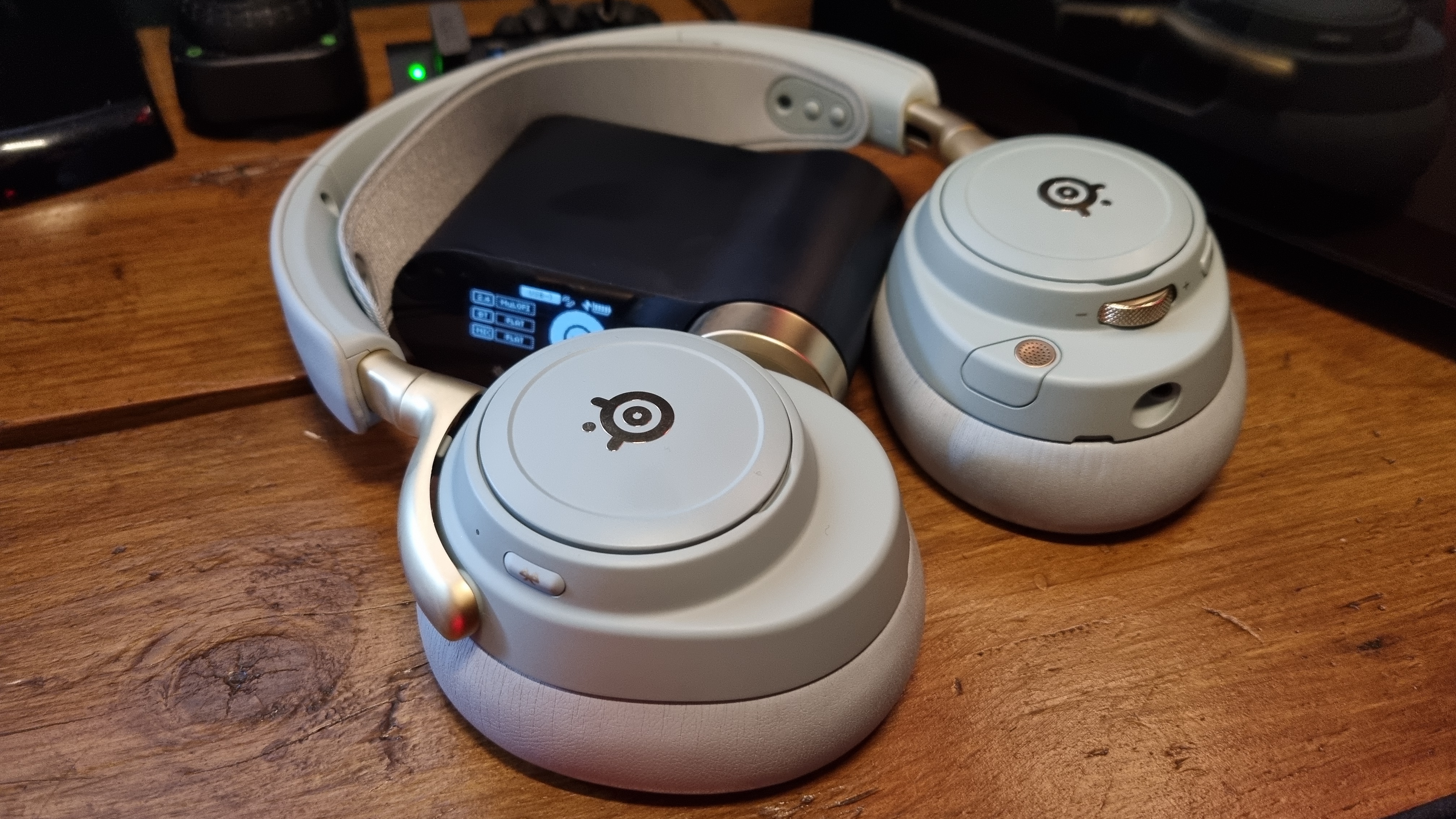The best way to play the Persona games
With the modern trilogy on PC, here's the best place to start.
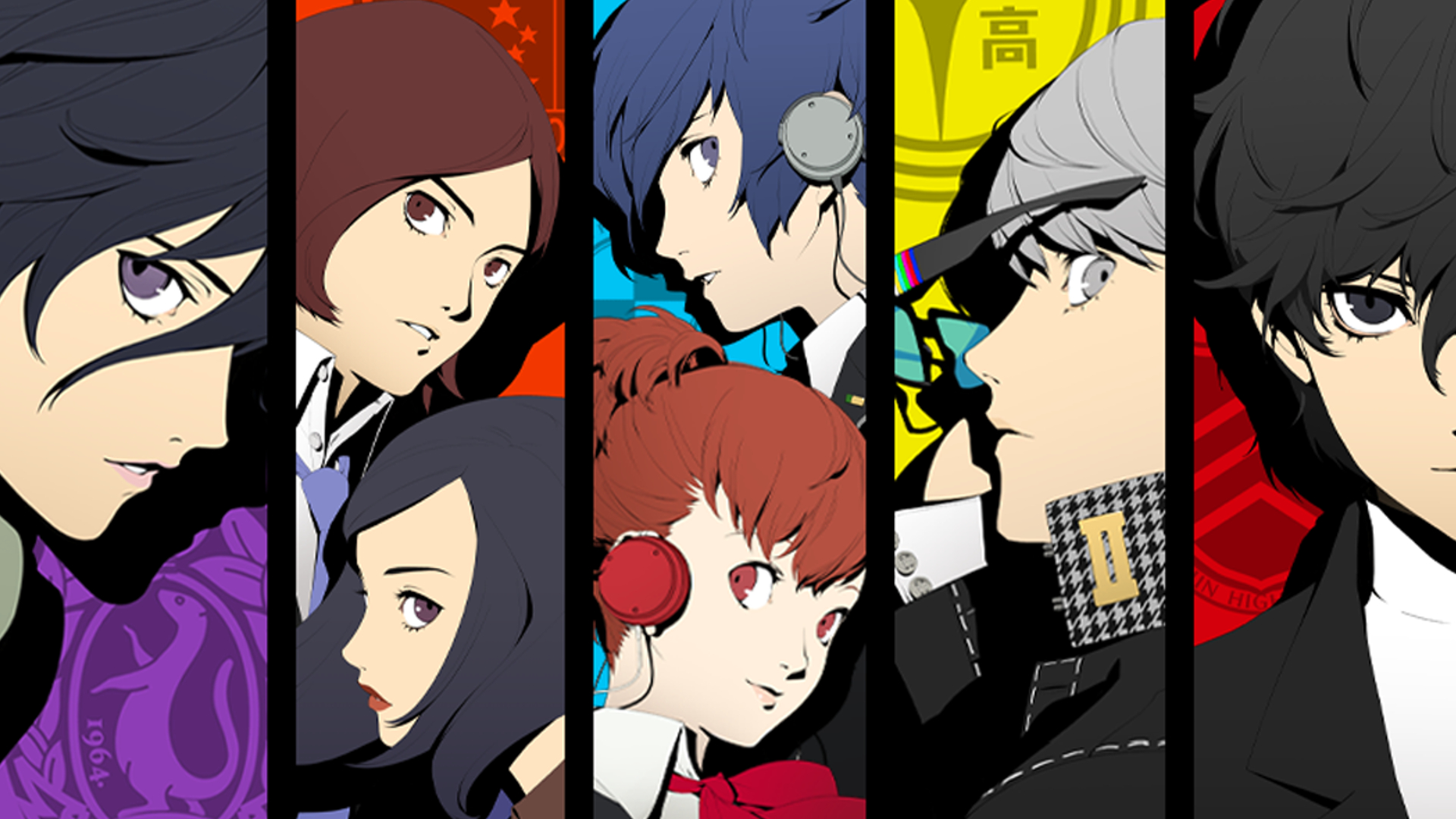
Keep up to date with the most important stories and the best deals, as picked by the PC Gamer team.
You are now subscribed
Your newsletter sign-up was successful
Want to add more newsletters?

Every Friday
GamesRadar+
Your weekly update on everything you could ever want to know about the games you already love, games we know you're going to love in the near future, and tales from the communities that surround them.

Every Thursday
GTA 6 O'clock
Our special GTA 6 newsletter, with breaking news, insider info, and rumor analysis from the award-winning GTA 6 O'clock experts.

Every Friday
Knowledge
From the creators of Edge: A weekly videogame industry newsletter with analysis from expert writers, guidance from professionals, and insight into what's on the horizon.

Every Thursday
The Setup
Hardware nerds unite, sign up to our free tech newsletter for a weekly digest of the hottest new tech, the latest gadgets on the test bench, and much more.

Every Wednesday
Switch 2 Spotlight
Sign up to our new Switch 2 newsletter, where we bring you the latest talking points on Nintendo's new console each week, bring you up to date on the news, and recommend what games to play.

Every Saturday
The Watchlist
Subscribe for a weekly digest of the movie and TV news that matters, direct to your inbox. From first-look trailers, interviews, reviews and explainers, we've got you covered.

Once a month
SFX
Get sneak previews, exclusive competitions and details of special events each month!
Wake up, get up, get out there! It's time to make history with a pinch of mass destruction. Persona 3 Portable, Persona 4 Golden and Persona 5 Royal all now have a home on PC, completing the trifecta of the modern Persona age. There's never been a better time to get into the series… but which one should you even play first? Is it a continuous story? What's up with that chubby bear mascot? What the hell even is a Persona?
As one of PC Gamer's resident Persona lovers, I'm here to ease you into one of the neatest JRPG series of all time. It's definitely a strange one—you'll spend as much time roleplaying the daily life of a student as you will slaying monsters or tapping through dialogue about the end of the world. If you're just here for the story, they're long games; if you thrive on number-crunchy JRPG combat, though, each Persona is a true odyssey.
The good news is that all three games are their own isolated adventures, so you can dive into whichever tickles your fancy the most. That said, here are my personal recommendations for how to get into Persona.
A quick introduction
What even is Persona, anyway?
Persona—or at least modern Persona, beginning with 2006's Persona 3—blends a horror-themed, turn-based JRPG with a social simulator somewhat reminiscent of visual novels. Persona 3 changed the trajectory of how the series looked, turning it from a straight-laced dungeon crawler to a game that also relied heavily on forming friendships, romantic relationships, and levelling up social skills. Schmoozing student by day, badass dungeon-crawler by night.
It can be a bit confusing too, as every mainline Persona game on PC is an enhanced version of its vanilla counterpart. All of these have additional story, some quality-of-life changes and new characters. These games have multiple versions which can sway the decision of whether to play on PC or find a different version elsewhere.
They're hefty time commitments, ones that often need more than one playthrough to see everything. If you've got hours to burn though, the games are more than worth your dedication.
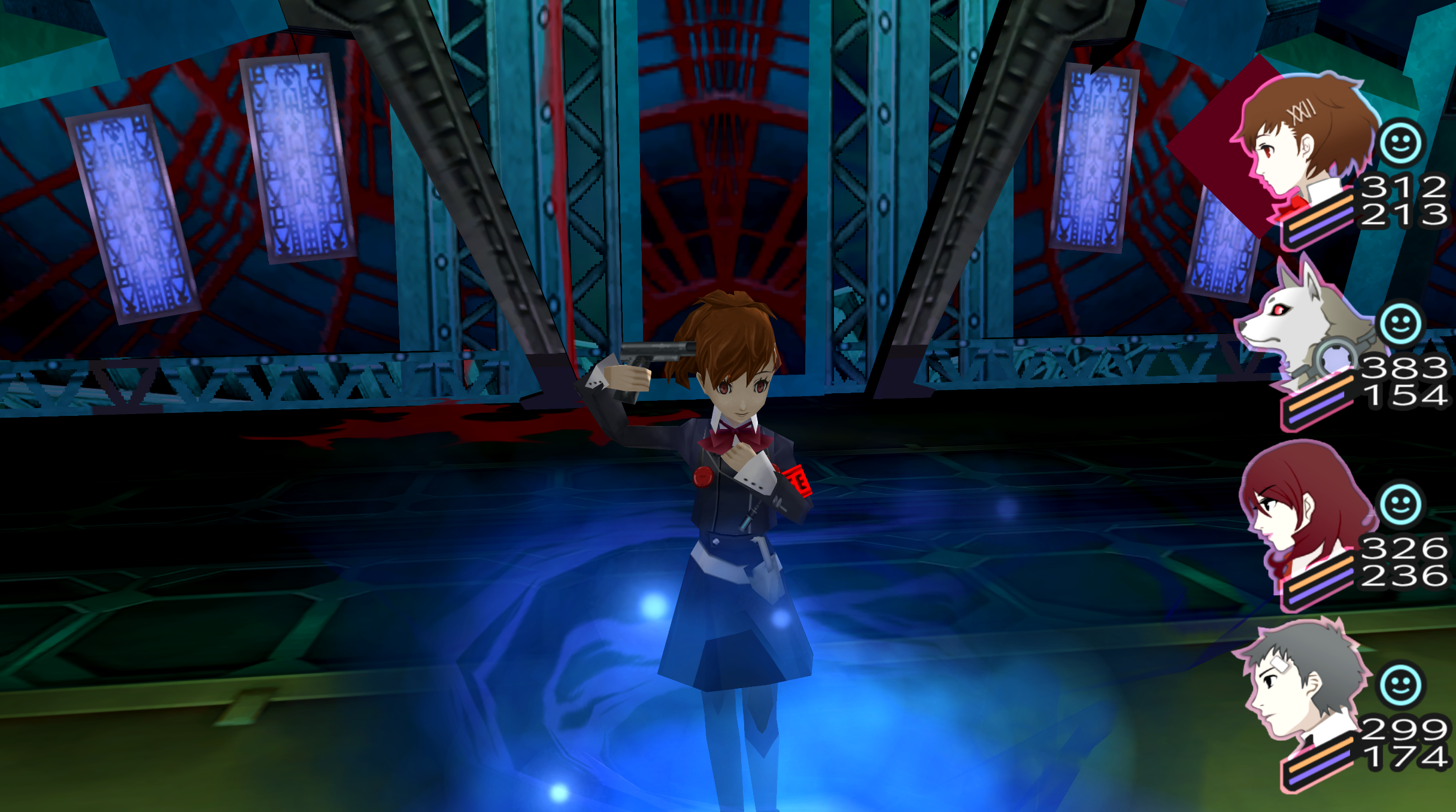
To really understand what you're getting into with Persona, here's a cheat sheet for some major terms and features:
Keep up to date with the most important stories and the best deals, as picked by the PC Gamer team.
- Shin Megami Tensei – The roleplaying series Persona originally spun off from, which focuses on the dungeon crawling, without all the social stuff.
- Personas – Demon companions possessed by each party member across all the games. Each has its own strengths and weaknesses and usually specialises in a particular attack type. While most of the main cast can only wield one persona, each game's main character is capable of collecting and using multiple.
- Arcana – Different classes of tarot cards. Persona leans very heavily into tarot themes. Every persona is tied to one of the 22 major arcana, as well as every character with a social link. The minor arcana occasionally makes an appearance, too.
- Social Links/Confidants – Friendship meters. Both the main cast and a handful of side characters have their own social links tied to major arcana. Levelling up friendships by hanging out gives various character, combat and item buffs, and every character has their own story arc.
- Fusion – The act of combining two or more personas together to create new, often stronger varieties of persona.
- MC – The main character. While each protagonist has a canon name, you can give them any old moniker.
- FeMC – Persona 3 Portable's alternative female main character. Once again technically nameless.
Play first
Persona 4 Golden
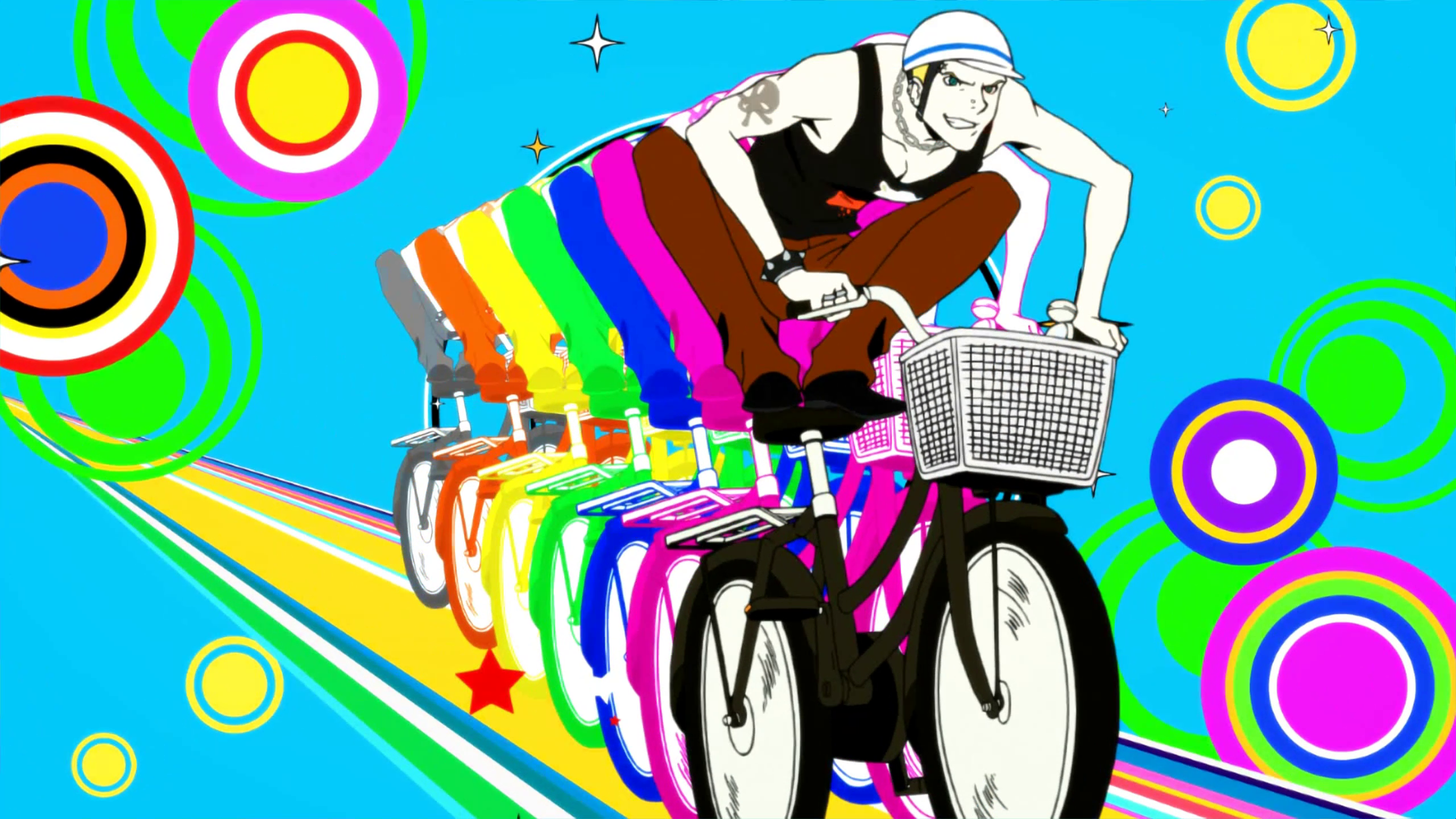
✅ Cosy murder mystery set in a small foggy village
✅ Slightly more grounded story than Persona 3 and Persona 5
✅ Strongest main cast in the trilogy
✅ J-Pop soundtrack is fantastically catchy
❌ Weak, boring dungeon design
❌ Dated graphics
❌You have to put up with Teddy, the most annoying character known to man
It might seem a bit strange to recommend you play the middle game first, but trust me on this one. Persona 5 Royal is the optimal Persona experience, but its predecessor is a gem, and may be a struggle to push through if you start with the most recent game in the series.
Persona 4 Golden has my favourite story of the three games, and an excellent cast of characters to go along with it. It's slightly cheerier, a Scooby-Doo-style murder mystery punctuated by peppy J-Pop tunes as you navigate the small village of Inaba. It does away with a lot of the baggage that can make the older Persona 3 Portable an absolute ballache to play. Its graphics are a little dated, sure, but they still hold that wonderful PlayStation 2-era charm. It looks even better on a Steam Deck!
The biggest letdown with Persona 4 Golden is that its dungeons are a bit of a bore. Their layouts are all procedurally generated and samey, though each dungeon has its own visual theme that ties into the story, an upgrade over P3. The combat inside those dungeons is a lot of fun, though—random encounters burst onto the screen, faced with enemies who each have their own weaknesses and strengths. Hit them with what they're weak to, and you get another go at wailing on 'em. It's all about learning what persona to use at the right time and pulling out all the stops to get through the battle as quickly as possible. Persona 5 Royal iterates on this system, but here it's speedy enough while giving you tons of strategic flexibility via fusing together ever-stronger personas.
Chris Schilling awarded the game an 87 in his Persona 4 Golden review. "Despite its fantastical elements, Persona 4: The Golden captures the challenges, heartaches and embarrassments of adolescence in a way that feels piercingly true, while giving you an absorbing mystery to solve as a bonus," he wrote. "It may be getting on a bit, but the belated arrival on PC of one of the finest contemporary JRPGs is extremely welcome.
HowLongToBeat estimation: 68.5 hours for the main story.
Play second
Persona 5 Royal
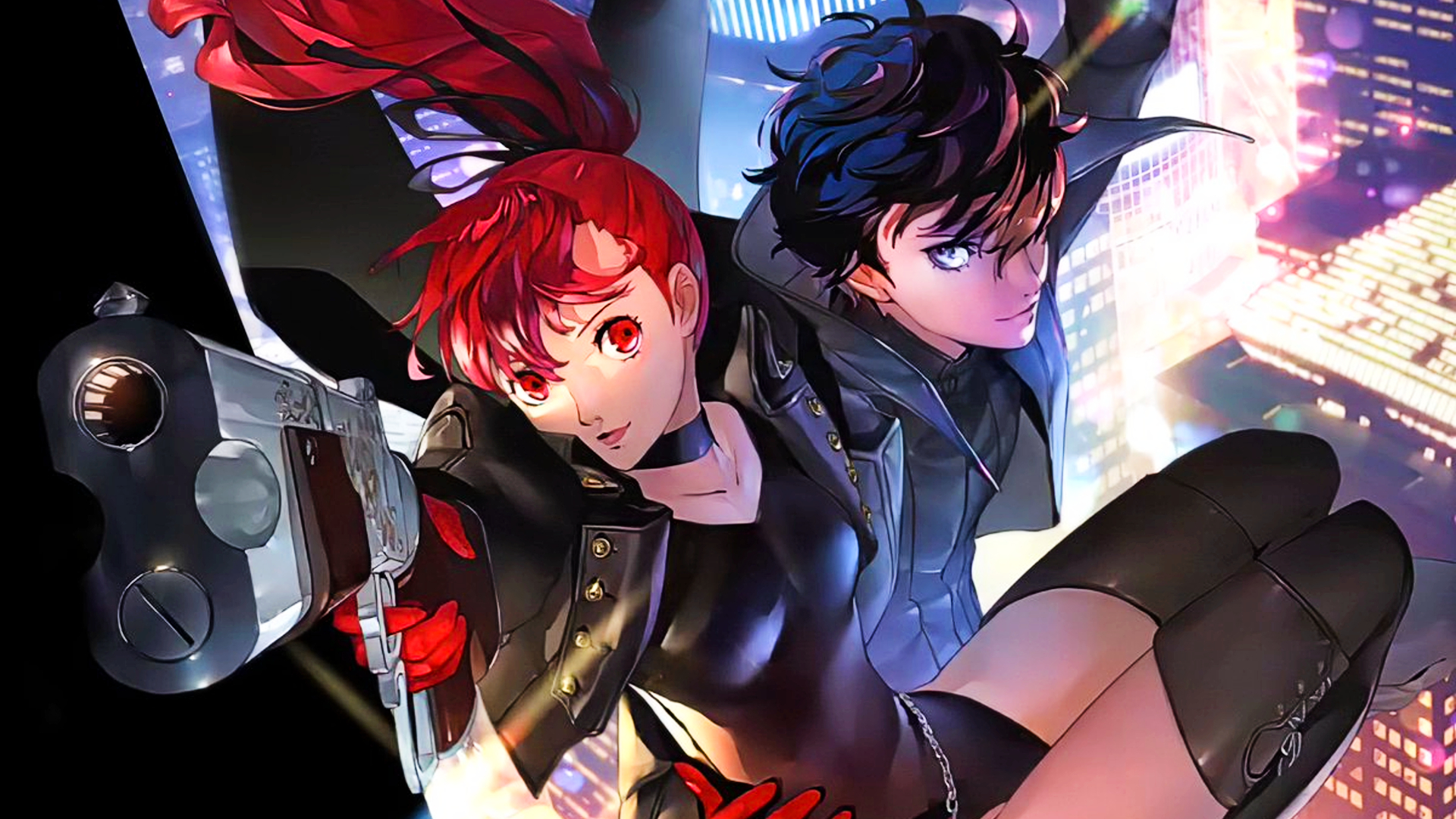
✅Easily the most stylish game you'll ever play
✅The slickest battle system of all three games
✅Vibrant dungeons that are no longer randomly generated (thank god!)
✅Tons of things to do, both in the dungeon-crawling and social aspect
❌This game is long. Like, really long!
❌Story takes a significant dip halfway through before regaining momentum at the end
❌Dungeon puzzles are occasionally frustrating as hell
Honestly, if you're not planning to play more than one game in the series, then this is the best Persona game you can spend your money on. It's the most modern, looks stunning and is easily the most approachable of the three. It takes what was good about Persona 3 and Persona 4, builds upon all their strengths, and retains very few weaknesses. making it one of the slickest turn-based JRPGs of all time.
Combat is further elevated from Persona 4 Golden. It feels snappier, and new skills like gun attacks provide a wider variety of demon weaknesses. Mercifully, Persona 5 does away with procedurally generated dungeons, swapping them for intricately designed palaces that feel so much more full of life. It even brings back demon negotiations, a major element of older Shin Megami Tensei games—a great feature that lets you rope in new personas by making the correct dialogue choices rather than earning them randomly after battles, with each enemy having a different personality type.
The story is a little more fantastical than Persona 4 Golden's, following a gang of teenagers called the Phantom Thieves. With each member being screwed over by a "shitty adult" in some way or another, they go deep into the psyche of various people to change their hearts and make the world a better place. Persona 5 radiates effortless cool-guy energy, style seeping out of every frame. Even its goddamn menus are super slick. If you're anything like me you'll waste hours flicking through them going "holy shit, look how cool that transition was!"
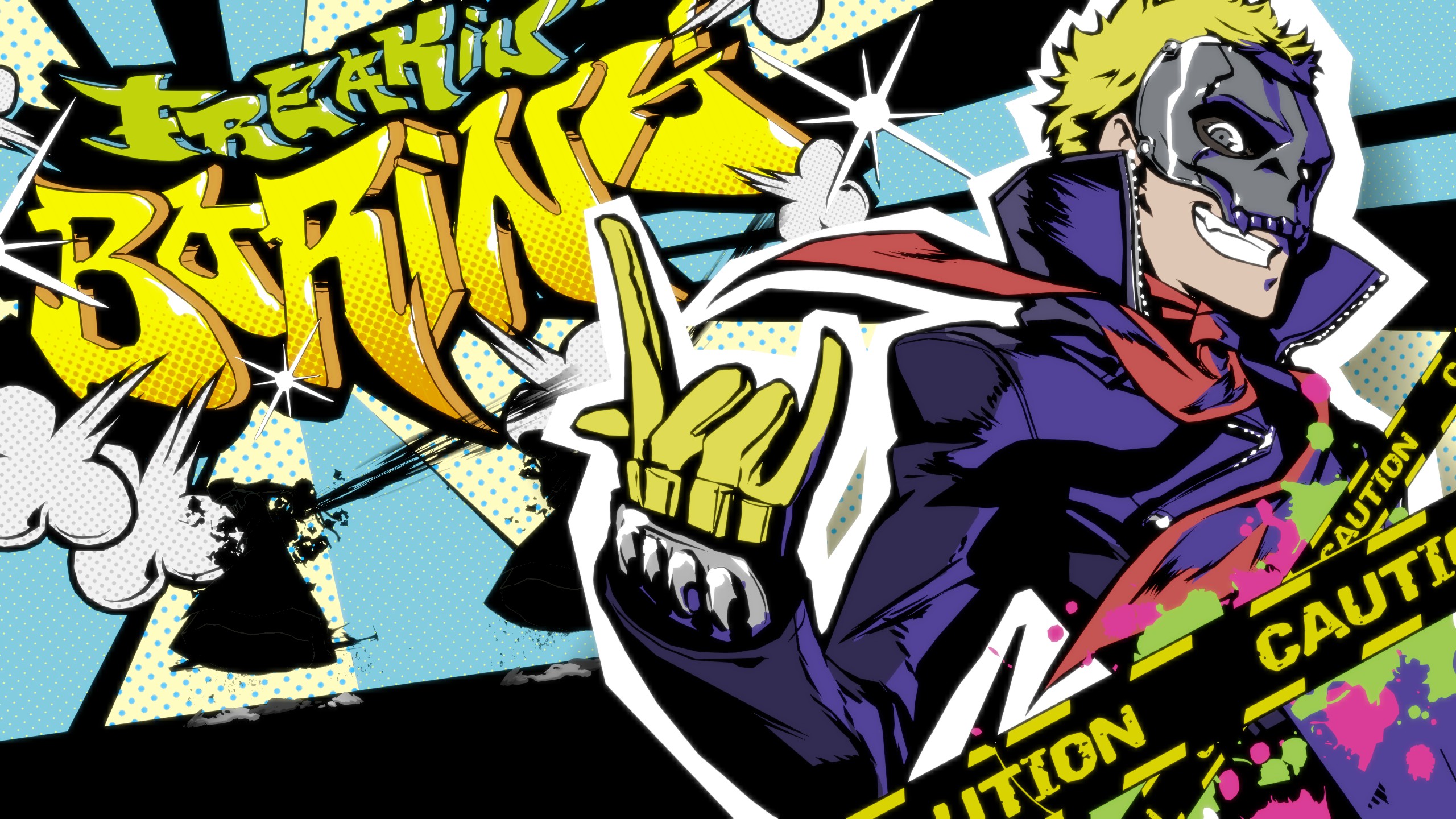
The biggest roadblock for me recommending Persona 5 is the huge timesink. JRPGs are already notorious life stealers, but this one steals the cake, then force-feeds it to you one crumb at a time. Its story is around 40 hours longer than Persona 3 Portable and Persona 4 Golden, which are already longer than many JRPGs. I think Persona 5 is worth it. But a 100+ hour playthrough just to get through the story may leave you in tears if your gaming time is scarce.
Oscar Taylor-Kent gave it a 94 in his Persona 5 Royal review. He called it "a game that goes down smoothly," adding "there's an urge to see both the large story beats unfold, and to pack in as many meaningful character moments into your schedule as you can. It might not be what you'd expect from quite possibly the longest JRPG you'll ever play, but each of those many hours is filled to the brim with inventiveness that—quite frankly—can make it hard to go back to other games in the genre."
HowLongToBeat estimation: 102 hours for the main story.
Play last
Persona 3 Portable
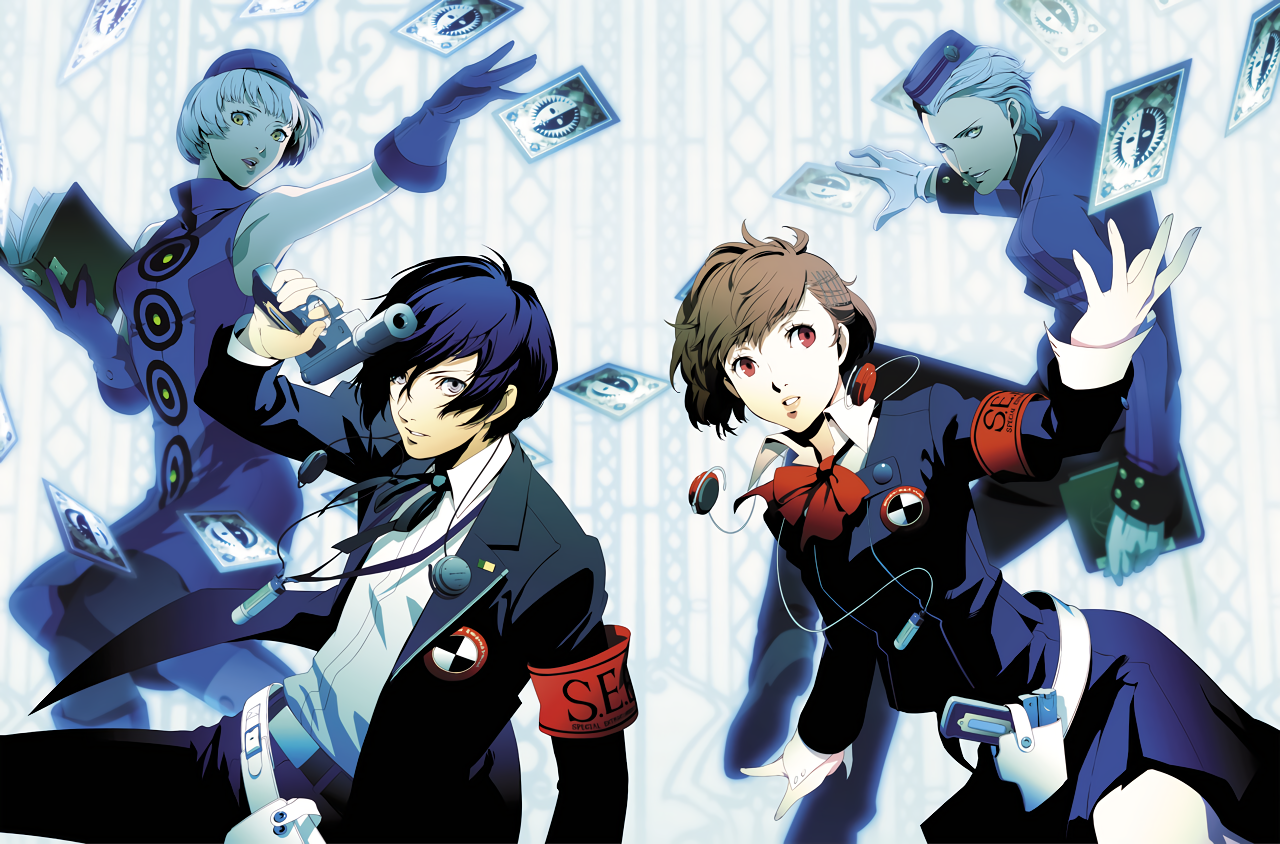
✅The game that defined modern Persona
✅Arguably the strongest (or at least, heaviest) story in the series
✅Takes a much darker tone than the other two
✅Mass Destruction is the best battle theme of all the Persona games
❌Easily the worst, most samey dungeon design in the modern series
❌Grindy as hell
❌A little crusty these days
❌The worst cast, though Aigis is rad
This is the game I recommend playing if you really like the other two and want to continue experiencing Persona. There's a lot to like about Persona 3 Portable—it's the darkest, most emotional story of the three and some argue the best. But being the first game to delve into the social systems that Persona 4 and 5 would build on, it's a little, uhh…crunchy at times. They're hard to max out even when playing optimally, and there are only social links available for the MC's opposite gender. No bromances or sisterhoods with your party members, sorry. Social links can even reverse and break if you choose the wrong dialogue, another needlessly irritating aspect.
There are some frustrating combat mechanics too, like a fatigue system for your party members that acts as a roadblock to grinding dungeons or levels. It's better in Portable than it was in the original Persona 3, but it's still a pain in the ass.
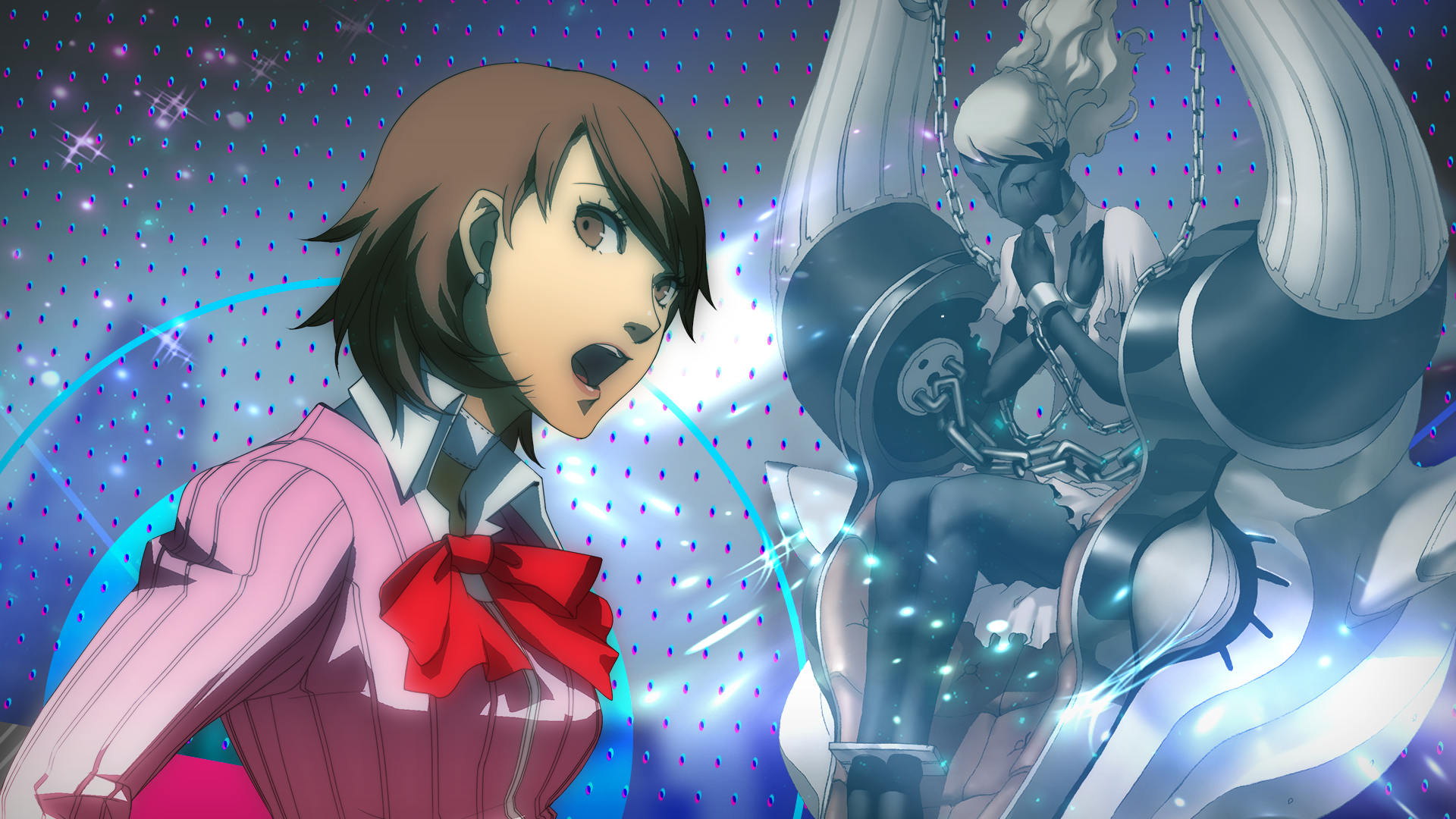
Portable is the version we have available on PC, but it's not hands-down the best version to play. There are actually three versions of Persona 3: the vanilla game (2006, PS2), FES (2007, PS2) which adds an epilogue, and Portable (2009, PSP, and now PC). Portable does away with most of the 3D environments, instead navigating through 2D point-and-click zones. Some consider that a downgrade—but it also has the choice to play as a female protagonist, offering a slightly different storyline and new character relationships. While the loss of explorable 3D environments is a shame, Portable actually lets you fully control your party, whereas originally your main character's allies were controlled by AI, and the female main character is a better addition than FES's epilogue.
Persona 3 Portable is still a great game in its own right, but not the best entry for total newcomers.
In her Persona 3 Portable review, Andrea Shearon scored it 80 out of 100. "Portable may not be at the top of its class for its old systems and dungeon crawling, but its cast and tone easily compensate for some of its shortcomings," she wrote. "Forgive Persona 3 for a little monotony, and it'll deliver on the horrors of inevitability steeped in a twisted style distinctly different from the games that followed."
HowLongToBeat estimation: 65.5 hours for the main story.
What about the older Personas?
What's the deal with Persona 1 and 2?
Persona 1 and 2 are a little different to the modern series. There's no social aspect, making them more similar to the Shin Megami Tensei games they spun off from. They're not technically available on PC, and localisation is a bit messy with some bizarre decisions like changing certain characters' entire race in an attempt to make it more American.
Revelations: Persona (1996) – Set in 1996, this game established series mainstays like the concept of personas and playing as a group of high school students. Best way to play: The 2009 PlayStation Portable version, which is closer to the original Japanese version and does away with some poor localisation choices.
Persona 2 (1999, 2000) – There are actually two Persona 2 games – Persona 2: Innocent Sin and Persona 2: Eternal Punishment, built around the theme of how rumors can spread and reshape reality. Confusingly, Innocent Sin only got a PSP version outside of Japan, while Eternal Punishment only got a PS1 release in the West. Best way to play: Play the Portable version of Innocent Sin, and then grab a PS1 version of Eternal Punishment.
Spin-off games
There are spin-off games?!
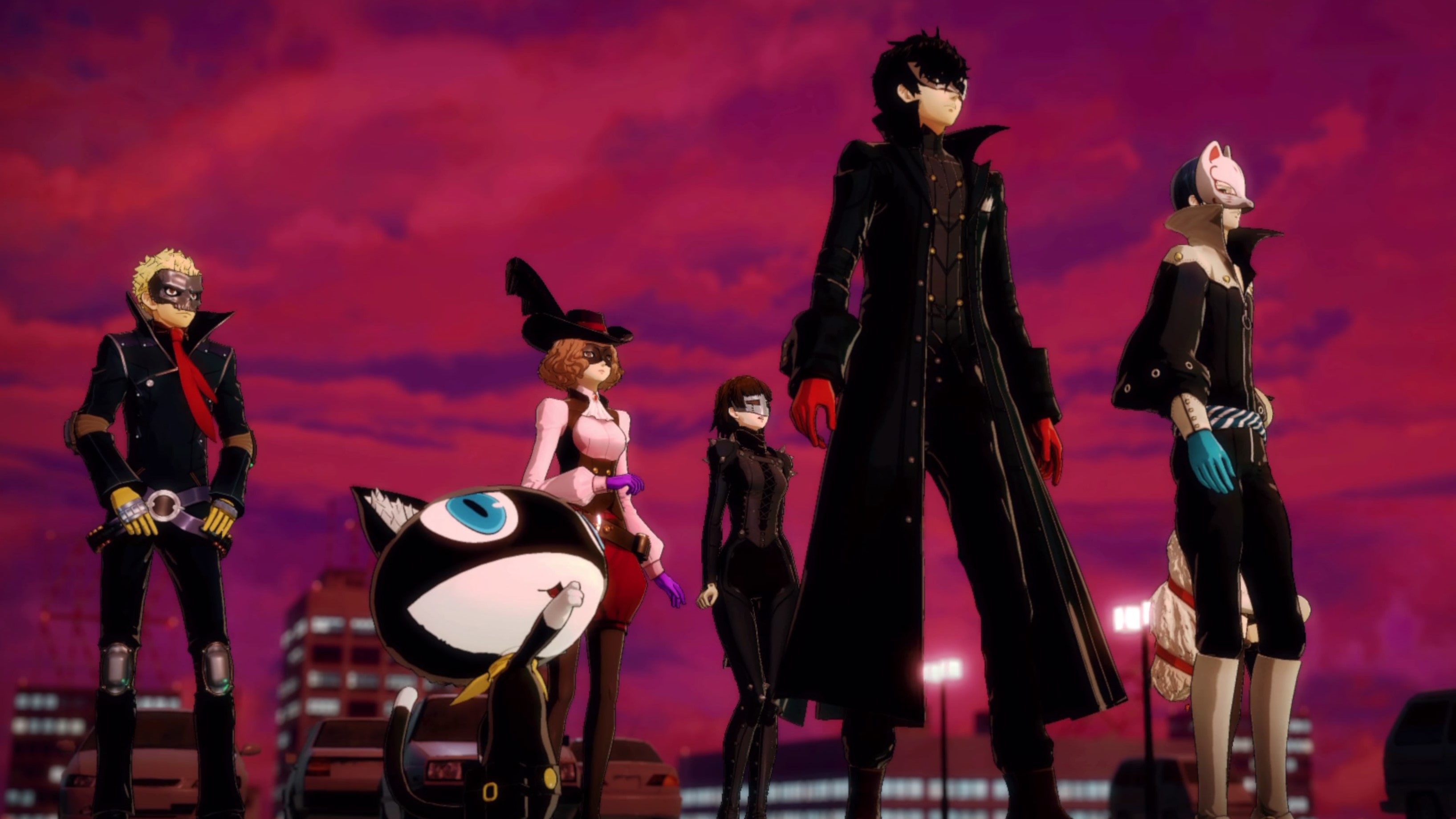
Yep! Persona isn't just a JRPG series. There's also a fighting game, musou and rhythm game to boot. And unlike the spin-offs of many game series, the Persona spin-offs sometimes operate as canonical story sequels or continuations, with a lot more text than you'd usually expect from, say, a fighting game. If Persona's in the name, Atlus apparently can't resist stuffing some story in.
Not all of the spin-offs are on PC yet. Here's the skinny on all of them, and a bit more detail on the ones available on PC:
- Persona 3: Dancing in Moonlight (2018, PS4 and Vita) – A rhythm game where notes fly out in a ring shape to various remixes of Persona 3's song library. Each song has a designated cast member and a unique dance they perform
- Persona 4: Dancing All Night (2015, PS4 and Vita) – The first game to receive a rhythm spin-off. Exactly the same as P3D and P5D, except with Persona 4 songs and remixes. This is where the Specialist meme came from
- Persona 5: Dancing in Starlight (2018, PS4 and Vita) – You get the drill by now, a rhythm game that plays identically to P3D and P4D except with Persona 5 songs and characters
- Persona Q: Shadow of the Labyrinth (2014, Nintendo 3DS) – A first-person dungeon crawler similar to Atlus' RPG series Etrian Odyssey, starring Persona 3 and 4 characters
- Persona Q2: New Cinema Labyrinth (2018, Nintendo 3DS) – Another first-person dungeon crawler starring Persona 3, 4, and 5 characters
- Persona 4 Arena Ultimax (2013, PC, Nintendo Switch, PS3/PS4, Xbox 360) – An anime fighter with a visual novel story component that is a direct sequel to Persona 4
- Persona 5 Strikers (2020, PC, PS4, Nintendo Switch) – A Dynasty Warriors-like that is a direct sequel to Persona 5
Persona 4 Arena Ultimax is your fighting game. It's an Arc System Works special, so an excellent purchase if you're big into the likes of anime fighters Guilty Gear or BlazBlue. The only thing to be wary of here is that there are some hefty story spoilers for both Persona 3 and 4, so if you care about either of those then it's best to hold off or skip the story until a later date.
Persona 5 Strikers is the Dynasty Warriors crossover (we gave it a 63/100). Bizarrely, this made it over to PC before Persona 5 Royal. Considering this game takes place after the events of Persona 5 (and ignores the extra events of Royal's story) it was a strange choice. Once again, I recommend you hold off on playing until you've played Persona 5 Royal. Strikers' story heavily relies on knowledge of its cast and the events preceding this spin-off. It's a damn good musou, though, and does a surprisingly clever job of blending elements of Persona's battle system in with the hack 'n' slash of Dynasty Warriors.

Mollie spent her early childhood deeply invested in games like Killer Instinct, Toontown and Audition Online, which continue to form the pillars of her personality today. She joined PC Gamer in 2020 as a news writer and now lends her expertise to write a wealth of features, guides and reviews with a dash of chaos. She can often be found causing mischief in Final Fantasy 14, using those experiences to write neat things about her favourite MMO. When she's not staring at her bunny girl she can be found sweating out rhythm games, pretending to be good at fighting games or spending far too much money at her local arcade.

